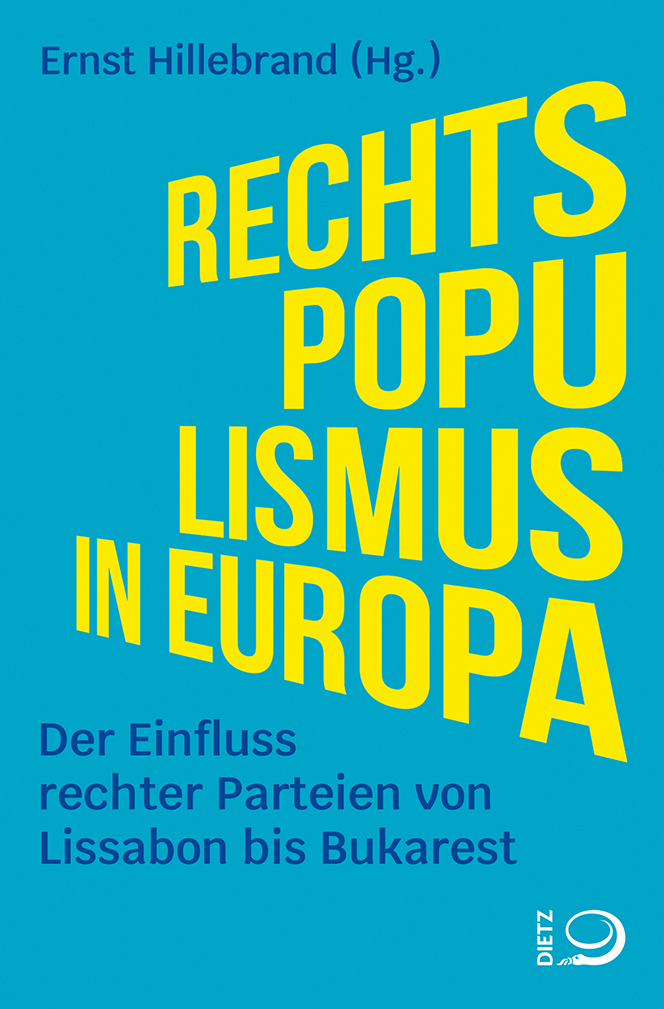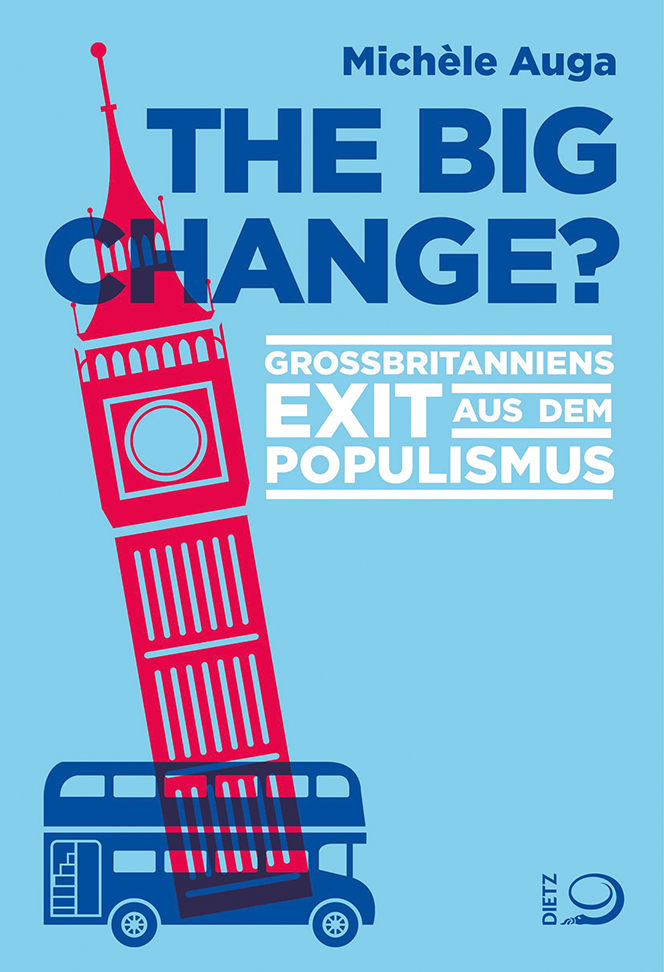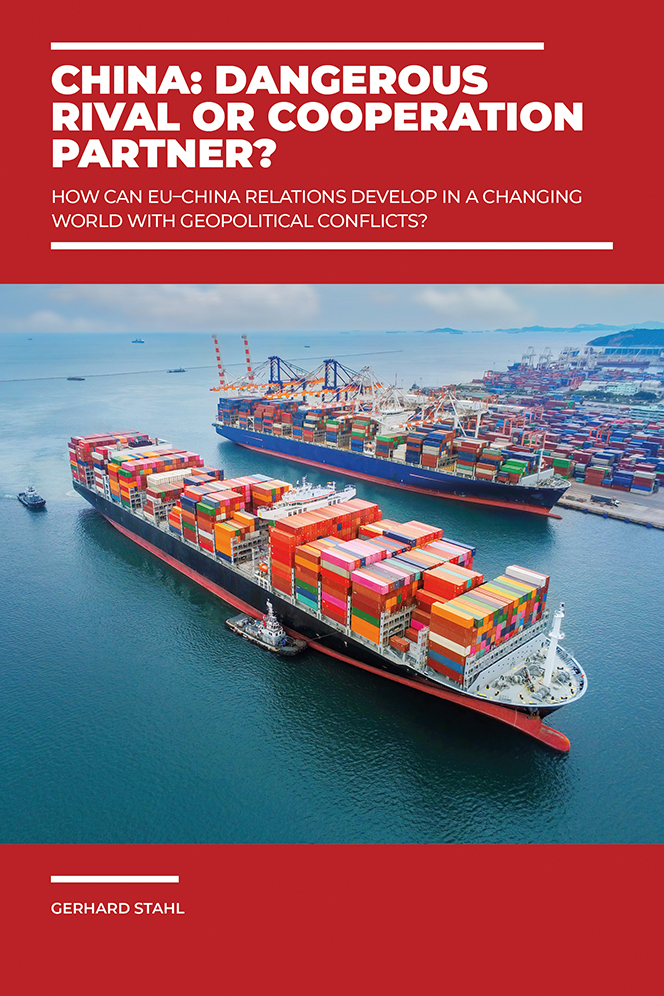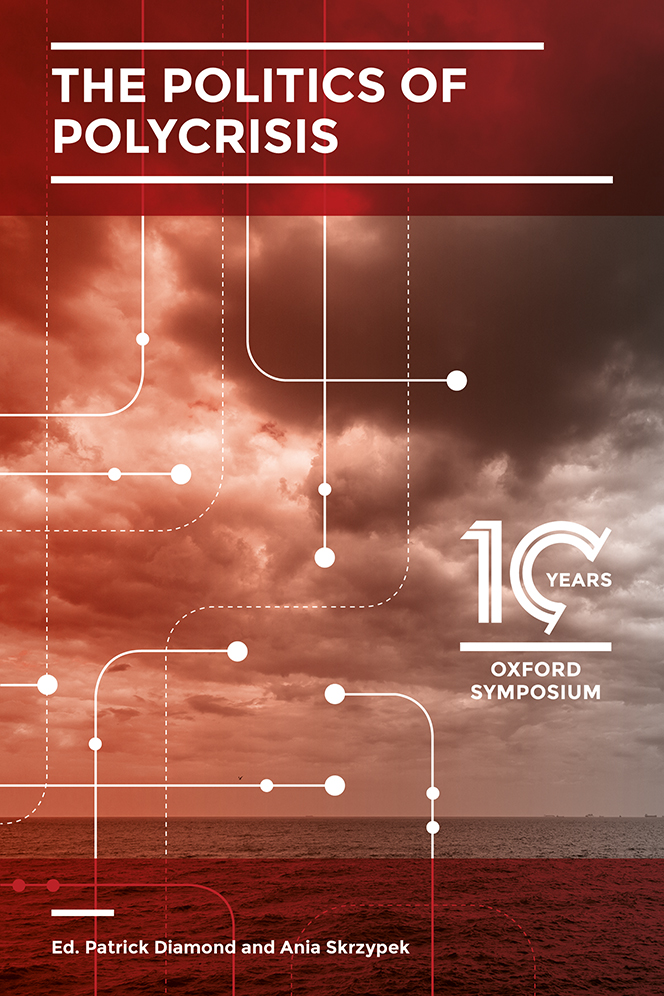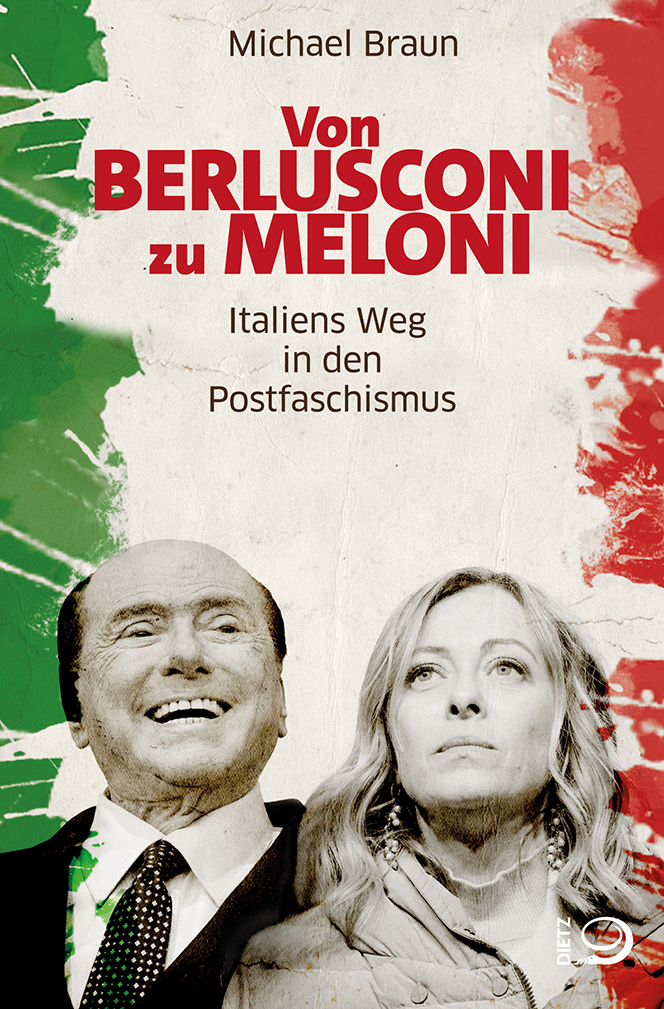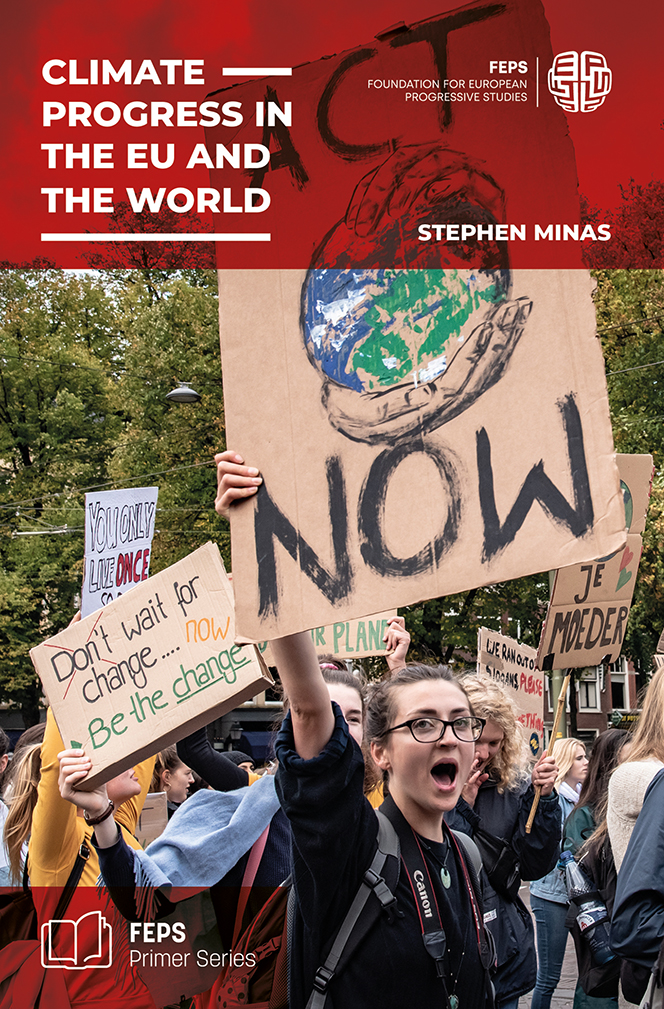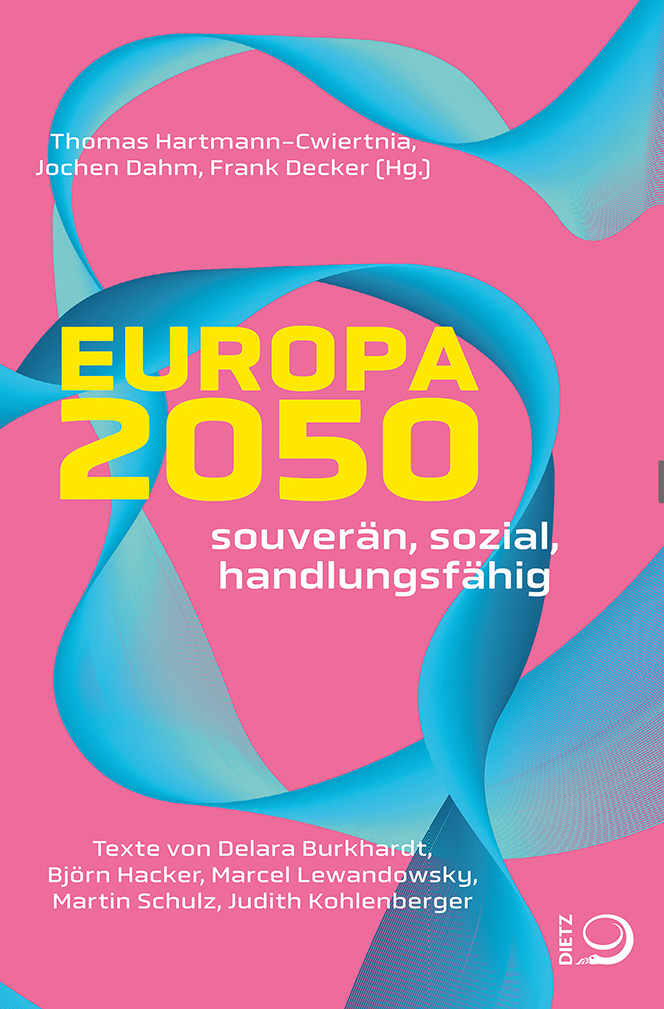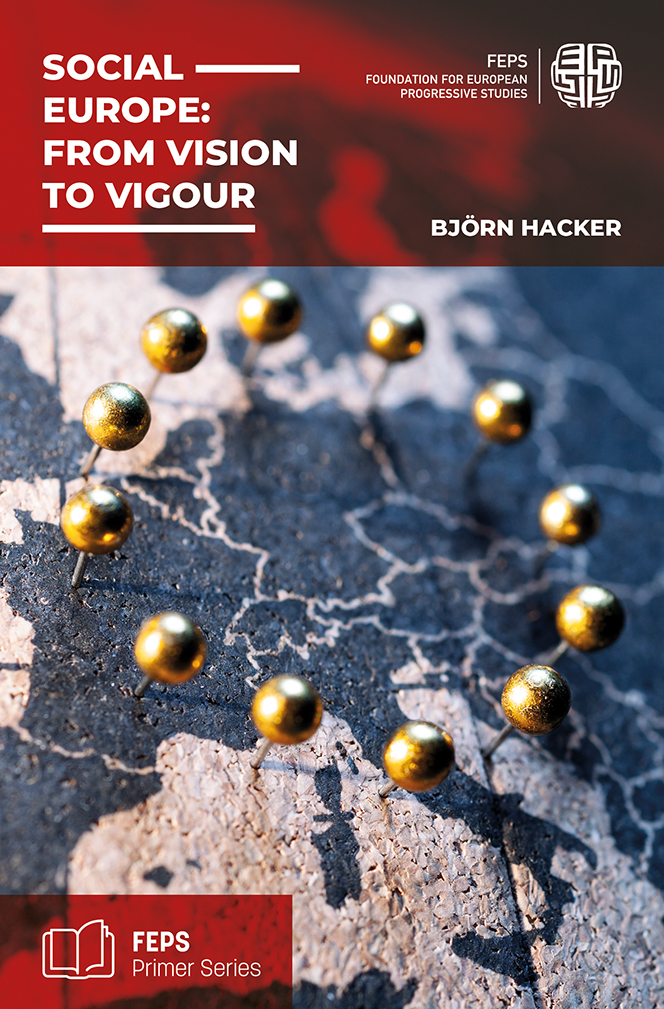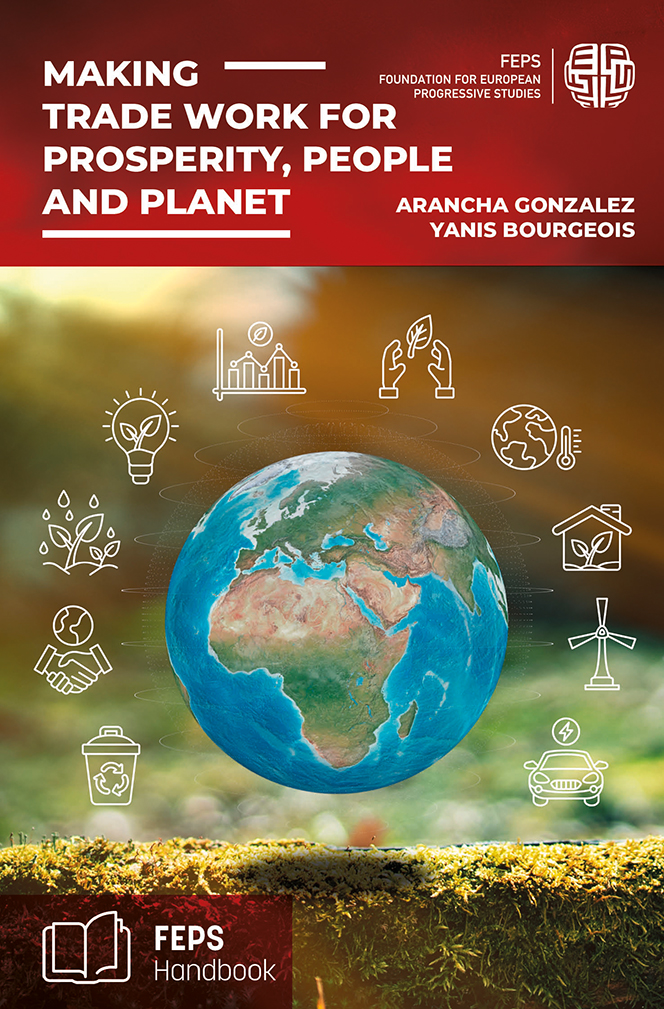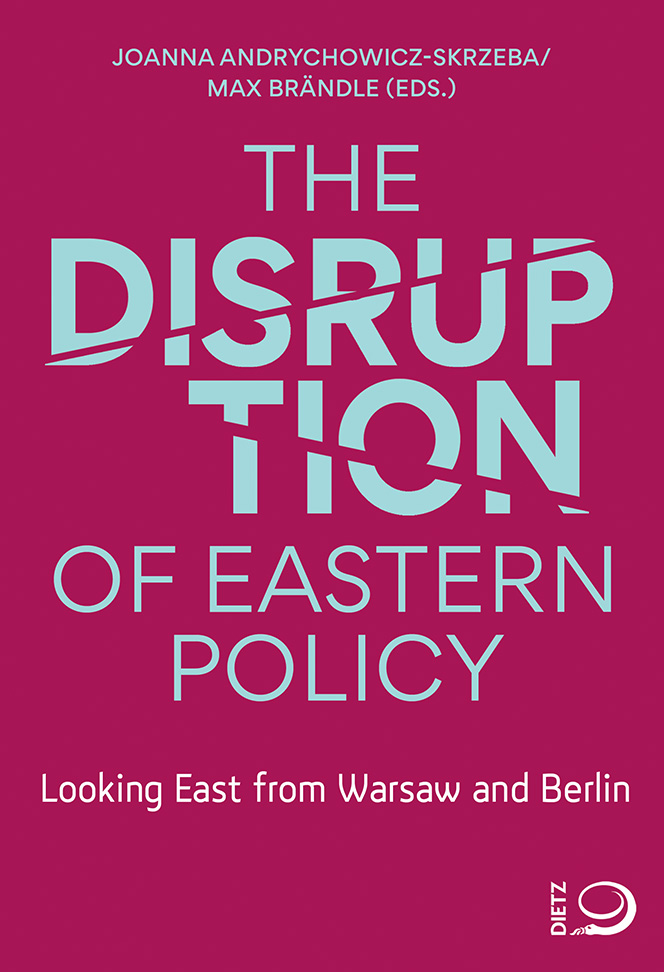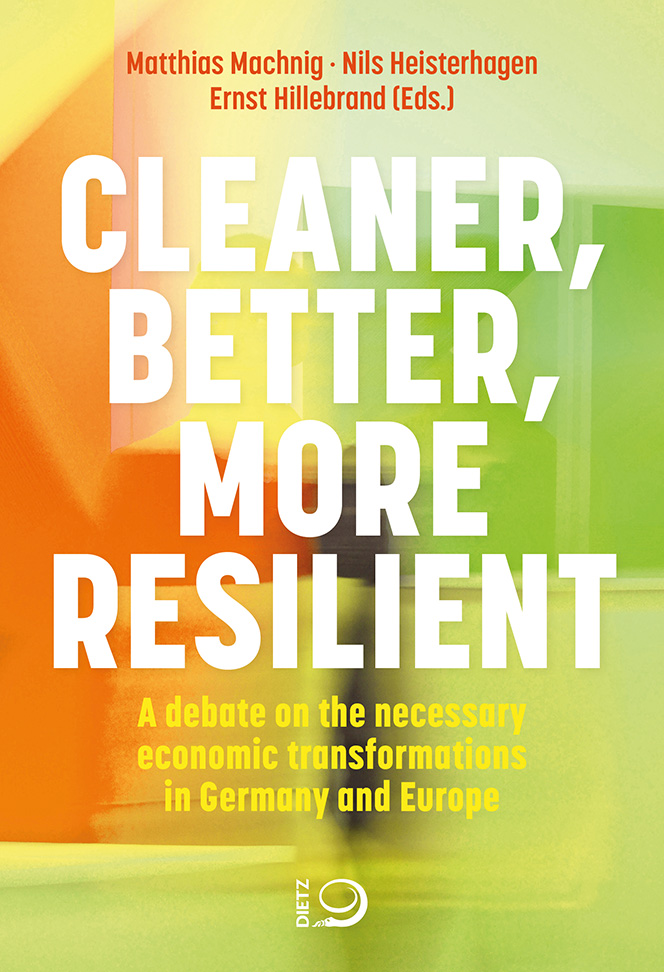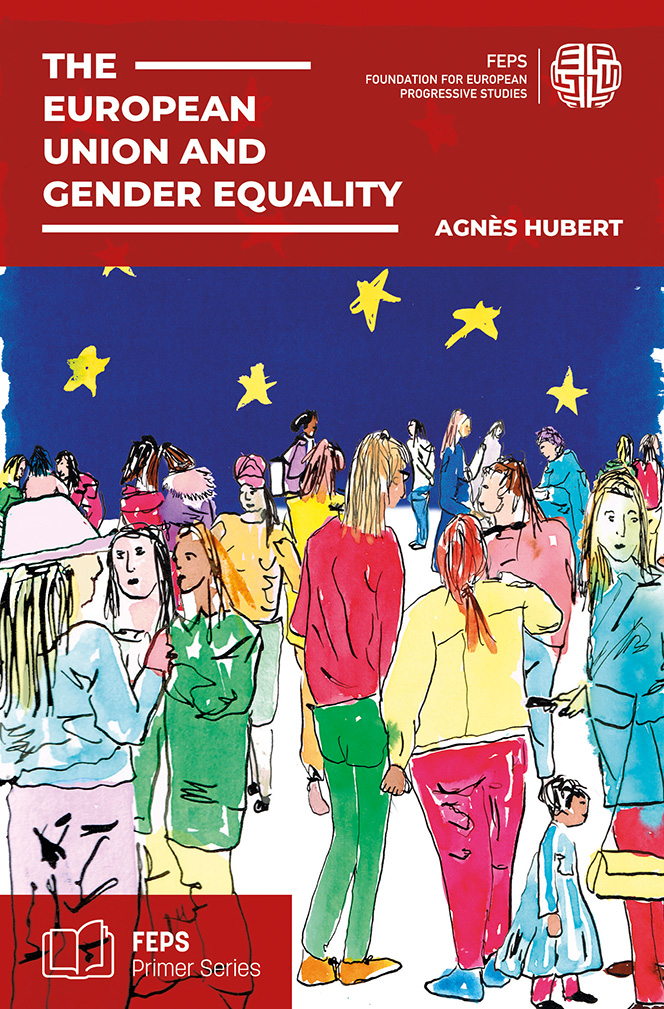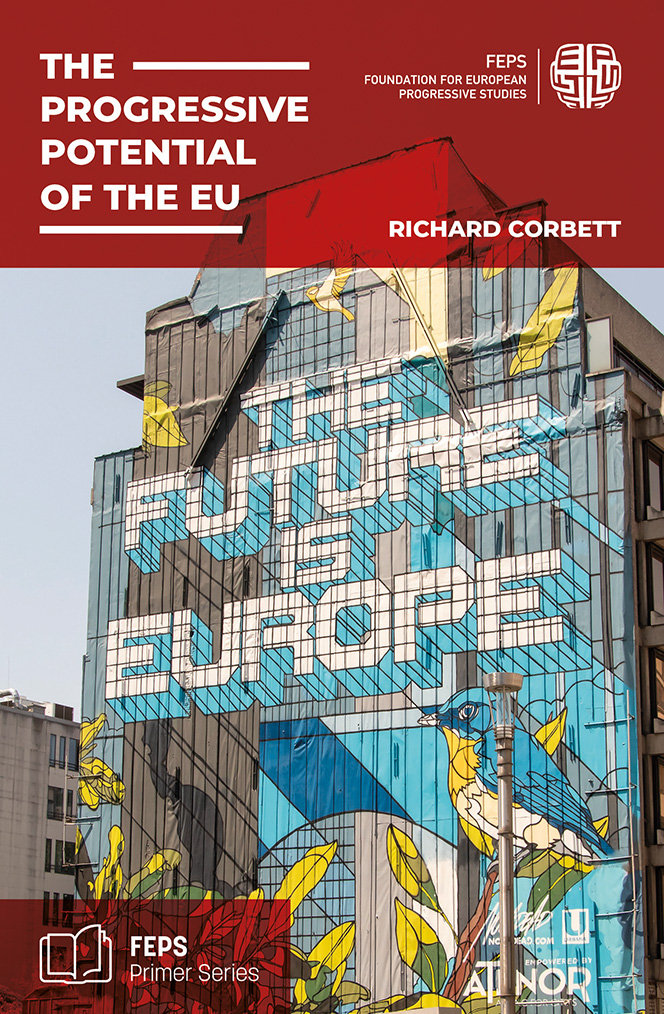Ernst Hillebrand (Hg.)
Rechtspopulismus in Europa
Der Einfluss rechter Parteien von Lissabon bis Bukarest
3. aktualisierte und erweiterte Auflage
In Europa feiern rechtspopulistische Parteien große Erfolge bei Wahlen. In immer mehr Ländern sind sie an der Regierung beteiligt. Wer sind sie? Wer führt sie? Was für Ziele haben sie? Das Buch gibt einen Überblick – von Finnland bis Italien, von Portugal bis Rumänien. Kurze und präzise Länderporträts werden durch Texte ergänzt, die nach den Ursachen und der Dynamik des Rechtspopulismus fragen, nach den Motiven seiner Wählerschaft und nach den Möglichkeiten, mit diesem politischen Phänomen umzugehen.
Michèle Auga
The Big Change?
Großbritanniens Exit aus dem Populismus
Der Laborversuch »Brexit« ist gescheitert. Und jetzt? Mit Hochachtung vor einer 800 Jahre alten Demokratie resümiert Michèle Auga die jüngste Zeitgeschichte des Vereinigten Königreichs. Ihr Fazit: Populismus lohnt sich nicht. Mit Hilfe neuer Akteure wie Keir Starmer oder David Lammy entsteht das Bild eines Landes, das begonnen hat, sich am eigenen Schopf aus dem populistischen Sumpf zu ziehen und den Krisenmodus zu verlassen. Willkommen zurück in Europa, lieber Nachbar Großbritannien!
Gerhard Stahl
China: Dangerous rival or cooperation partner?
How can EU–China relations develop in a changing world with geopolitical conflicts?
In today’s world, China has become an important player vis-à-vis the European Union. This publication provides knowledge and considerate recommendations that constitute a valuable contribution to the development of a European strategy for China. It is an invitation to study China’s economic and political development based on facts, and different opinions of people in business, politics, and academia. It looks into history, economic competition, and the reasons and consequences of geopolitical confrontation. With his methodical approach and his experience as a visiting professor in China for the past ten years, Gerhard Stahl presents the current assets and challenges of this empire. What about the EU, the main trade and economic partner of China? Are we partners or rivals, or both? This book is not only a theoretical analysis, it is a convincing plea for international cooperation to solve global problems like climate change and underdevelopment.
Patrick Diamond / Ania Skrzypek (Hg.)
The Politics of Polycrisis
Transforming Social Democracy in Europe
To respond to the rising challenges of insecurity and inequality that plagued advanced capitalist countries in recent years, social democratic parties urgently need a new intellectual paradigm. Forging new ideas means being prepared to enter into dialogue with other political traditions. Overcoming political paralysis necessitates moving radically beyond stale and out of date »tax-and-spend« solutions to the economic and social problems of our age. That means forging a new approach to market capitalism that tackles concentrations of corporate and market power, governing in the public interest. It is essential to cultivate institutions between the traditional state and the free market that provide community attachment, respect for traditional roles, and a sense of mutual obligation. To find a path back to power, social democrats must combine a forward-looking agenda for inclusive prosperity with protecting the pillars of securitythat give meaning to our lives in an era of unprecedented instability and upheaval.
Michael Braun
Von Berlusconi zu Meloni
Italiens Weg in den Postfaschismus
Im Jahr 2022 wählte Italien Giorgia Meloni an die Macht. Der große Erfolg der neuen extrem rechten Regierungschefin, die nie ein böses Wort über Mussolini verlor und einen neuen »italienischen Stolz« propagiert, kam keineswegs aus dem Nichts. Der windige Medientycoon und Politiker Silvio Berlusconi bereitete Italien über 30 Jahre einen konsequenten Weg in den Postfaschismus. Die Popularität harter rechter Politiker:innen wuchs und ist bis heute ungebrochen. Wie lässt sich das erklären? Was heißt das für Italiens Demokratie? Wie wirkt sich das auf die Zukunft Europas aus?
Stephen Minas
Climate progress in the EU and the world
Anthropogenic climate change is already impacting every region of the globe and affecting vulnerable people more severely than others.
Climate change is a whole-of-economy problem. To tackle it, we need transformational change across economic sectors. Economic responses to climate change must address ‘negative externalities’ but also avoid regressive and inequitable outcomes.
International climate governance has multiple action channels but is centred on the United Nations Framework Convention on Climate Change (UNFCCC) regime and most notably the 2015 Paris Agreement, which sets ambitious goals and has nearly universal adoption. However, there is still a substantial gap between what the Paris goals require and aggregate implementation. Progressives must work through multilateral, bilateral and other channels to strengthen the climate transition.
Ivana Bartoletti
A digital union based on European values
The digital transition will significantly affect the work, education and social life of all Europeans. Digitalisation impacts public service delivery and, through social media, even affects our democratic processes. This primer is meant to provide the reader with a grounded understanding of the technology and policy relevance of the developments that have been taking place and are expected to shape the debate in the coming years. It also aims to raise some thought-provoking ideas on what needs to be done to help European tech policy establish itself on firm foundations and foster a progressive vision of society.
Thomas Hartmann-Cwiertnia / Jochen Dahm / Frank Decker (Hg.)
Europa 2050
Souverän, sozial, handlungsfähig
»Am Ende des Tages haben die klugen Europäer einen ziemlich erstaunlichen und wunderschönen Ort geschaffen, etwas, von dem wir bisher nicht herausgefunden haben, wie wir es in den USA erreichen können.« So formulierte der Autor Steven Hill vor knapp anderthalb Jahrzehnten seinen Blick auf Europa.
Eine Perspektive die uns im Alltag oft fehlt. Ändert man den Blick, erkennt man wie unwahrscheinlich ein solches Bündnis zwischen ehemals verfeindeten Nationen war. Und welche innere Kraft ihm bei aller Verletzlichkeit innewohnen muss.
Im Jahr 2024 könnten die Herausforderungen aber kaum größer sein. Krieg, Klimakatastrophe, Ungleichheit in und zwischen den Ländern, eine rasante technische Entwicklung. Kein Staat kann dem alleine entgegentreten. Europa! – muss weiterhin und umso mehr die Antwort für alle lauten, die an ein besseres Morgen glauben.
Björn Hacker
Social Europe: From vision to vigour
The need to balance economic and social integration
Arancha Gonzalez / Yanis Bourgeois
The Trade Handbook
Making trade work for prosperity, people and planet
We are living in turbulent times. Trade and globalisation are facing major economic, geopolitical and societal shifts. Trade continues to drive job creation, growth, innovation, development and poverty reduction. Simultaneously, trade is also raising legitimate concerns about resilience, distribution, inclusion and the environment. More recently concerns about national security, dependencies and technology are redrawing trade maps. In today's complex trade ecosystem, the Trade Handbook provides the reader with a comprehensive view of why open trade and economic integration matter, where trade is headed, how to regulate it, and how it can work for everyone – not just some or most. If in the past the focus has been on making trade possible, i.e. negotiating trade agreements, the Trade Handbook suggests to pay the same attention to making trade happen, and most importantly, to ensure trade works for all. Basically, how to make trade effectively work for prosperity, people and planet. The Trade Handbook is part of the Foundation for European Progressive Studies (FEPS).
Joanna Andrychowicz-Skrzeba / Max Brändle (Hg.)
The Disruption of Eastern Policy
Looking East from Warsaw and Berlin
Russia’s attack on Ukraine has disrupted European Eastern policy. At the same time, different perspectives on that policy have clashed. This is particularly visible in the German and Polish cases. In order to build a new European Eastern policy, we have to understand differing perspectives and clear up misconceptions and misunderstandings.
Chrysa Vachtsevanou / Vangelis Karamanolakis / Stefan Zeppenfeld (Hg.)
Human Rights, Trade and Diplomacy
in the Greek-German Relations, 1967–1974
In 1967, a coup in Greece brought the military to power. Numerous relations between the Federal Republic of Germany and Greece existed during the government of the junta (1967–1974). The scientific contributions in this volume illuminate the historical relations between Germany and Greece with a view to diplomacy, civil society and the media.
Matthias Machnig / Ernst Hillebrand / Nils Heisterhagen (Hg.)
Cleaner, better, more resilient
A debate on the necessary economic transformations in Germany and Europe
Europe is facing the biggest transformation since the beginning of the industrial revolution. The goal is to achieve climate neutrality of the economy in about two decades. Europe’s progressive forces must define and shape this transformation. The war in Ukraine has abruptly changed the path of transformation, even if the basic roadmap remains the same. The texts published in this book are part of the debate that progressive social and political forces in Germany are currently conducting on this historic challenge.
Agnès Hubert
The European Union and Gender Equality
Free, Thrive, Lead
Agnès Hubert knows the EU and its women's and gender equality policies from her own many years as an expert. Her book gives a detailed overview of the history of gender equality in the EU, feminist policies, key actors, institutions, the cooperation of women's networks and organisations, the efforts, obstacles and occasional setbacks on the way to a more equal EU. It highlights the main milestones along the way, from equal pay to protection against domestic violence, from the first legislative measures to the impact of the covid-19 pandemic.
Richard Corbett
The Progressive Potential of the EU
What the EU is, why it matters, how it works, and how the centre-left can use it and reform it
What the EU is, why it matters and how it works, and how the centre-left can use and reform it - the first volume of the new [FEPS](https://www.feps-europe.eu/) Primers series offers readers exactly what the title promises: a comprehensive look at the history of the EU, its main policies, institutions, functioning and decision-making structures. It takes a look at areas worthy of reform, lists important centre-left figures in the EU's founding and development, and the most important terms of EU jargon.


